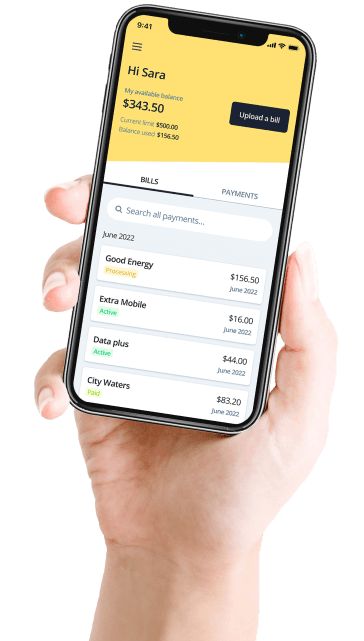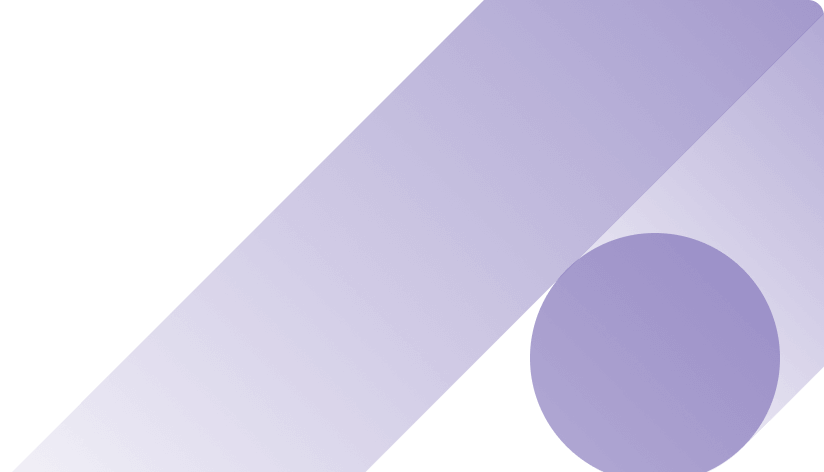Have multiple debts? This guide will explore debt consolidation and debt management as potential tools to get you debt-free.
According to OECD data, as of 2019, Australia’s ratio of household spend to income currently sits at 210%. This means that Aussie households are spending more than double than what they earn per year.
While personal debt has almost become a common part of everyday life for a lot of us, it can get in the way of making massive financial decisions, like taking out a mortgage or purchasing a car. Outside of this, personal debt can also impact your ability to reach savings goals or eat away at your budget.
The good news is, if you are concerned about your debt, there are a range of options available to help people get debt-free. In this guide, we’ll discuss the differences between some of the most common debt solutions, like debt consolidation and debt management as well as explore alternative options that can help people get back on top of everyday expenses.
Debt Management vs Debt Consolidation
Finding the perfect debt solution will be different for everyone, as no one’s financial circumstance is the same. There are many methods that can help reduce your debt levels, like debt management, debt consolidation and other alternative tools that improve your overall financial management.
The option you choose will depend on the type of debt you are looking to clear. For instance, if you have multiple debts, such as a credit card or car loan, you might want to think about debt consolidation. On the other hand, if you are struggling with outstanding payments to billers or credit providers, a debt management program could help you get things back on track.
People often turn to solutions like these if their debt has become overwhelming and they can no longer manage it themselves.
And thanks to the rise of various fintechs and digital tools, consumers can take care of their debt from the comfort of their own homes. These apps and resources traditionally provide consumers with the flexibility to pay down debt on their own terms.
What is Debt Management?
Debt management or debt agreement programs are a great option for those who need help getting on top of their debt. These programs are provided by a credit counselling agency that create a repayment plan to clear your debt. They do this by reviewing your current financial situation, assessing how much you could realistically pay back every month.
Once your plan is ready and you understand its conditions, your financial counsellor will then work with you to ensure you make your repayments each month. In some cases, your assigned credit counsellor may even reach out to your credit providers to negotiate a lower interest rate.
You might consider opting for a debt management program if you are struggling to take care of the debt yourself.
What is Debt Consolidation?
Debt consolidation is a common way to refinance your debt. It’s a process that involves taking out a personal loan to roll multiple debts into one monthly payment. The benefit to a debt consolidation loan is that you’ll only have one interest rate and one monthly payment, instead of trying to pay off multiple types of debt with varying interest rates.
Interest rates for debt consolidation loans also tend to be lower than your standard credit card rate or personal loan, helping you trim your interest bill over the long term.
On the other hand, if you only have a singular credit card with a large balance, you might want to consider a balance transfer credit card. This is a type of credit card that features a 0% interest rate for a fixed period before reverting back to a set interest rate. The main benefit of a balance transfer card is you’ll be able to pay your debt back interest-free.
Depending on the amount of debt you’re looking to pay off, interest free periods on balance transfer cards range from 6 to 24 months. Just keep in mind you will need to ensure you have paid your debt back in full before the interest free period ends, otherwise, you could be staring down the barrel of a high revert rate.
Debt Consolidation Alternatives
For some of us, debt goes beyond credit and can be as simple as a couple of unpaid bills. Nonetheless, defaulting on your bills means late fees and maybe other charges, which add up over time.
Budgeting apps, like Deferit, can help customers avoid late penalties and interest on their bills. Deferit allows customers to upload a photo of their bill and pay it over fortnightly instalments, meanwhile, the platform pays the bill upfront on the customer’s behalf. The platform also charges no interest or late fees, so customers won’t have to worry about throwing themselves further into debt.
Other debt consolidation alternatives are apps like Wisr, where customers can round up everyday purchases to the nearest dollar and deposit the difference toward their debt. For example, if you purchased a coffee for $3.50, Wisr will automatically transfer 50 cents to your debt balance. Tools like these can help you reduce debt over time without actively trying!
However, if you do have a sizable amount of debt and want to pay it down quickly, Wisr might not be the right solution for you.
People often consider alternatives like these when they are looking for a debt solution that is flexible to their lifestyle. But like any financial product, it’s best to read through the terms and conditions of the service to ensure it is the right fit for you.
Want to find out if Deferit is the right debt solution for you? Head on over to our How it Works page or jump right in and sign up to Deferit now!








